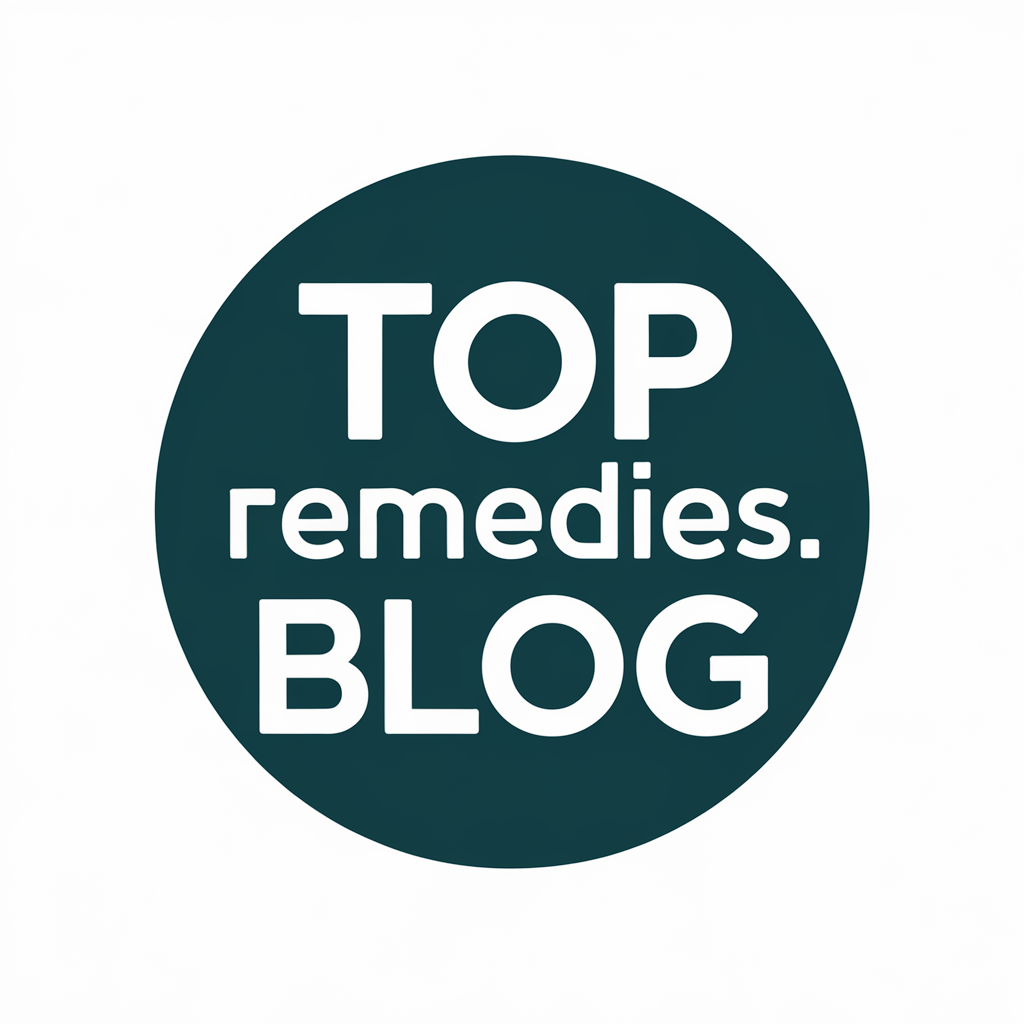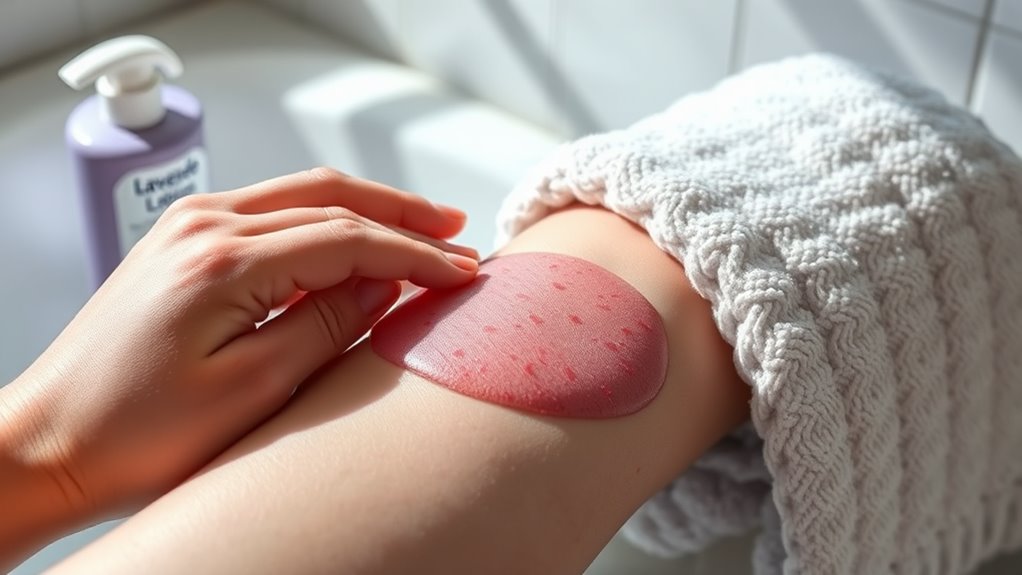What to Do When Your Skin Just Won’t Stop Itching
When your skin just won’t stop itching, it can be incredibly frustrating. Start by identifying the cause; it could be dry skin, allergies, or a skin condition. Over-the-counter treatments like antihistamines and hydrocortisone cream can help reduce symptoms. Home remedies, such as oatmeal baths and cold compresses, provide relief too. Remember to avoid harsh soaps and fragrances that might irritate your skin. Understanding the triggers is key to effective management, and there’s more to explore on this topic.
Common Causes of Itchy Skin
When you experience itchy skin, it can be frustrating, especially if you don’t know the cause.
Common culprits include dry skin, allergies, insect bites, and skin conditions like eczema or psoriasis.
Identifying the source is key to finding an effective itchy skin solution.
Keep an eye on your environment and skincare products to help pinpoint what might be triggering your discomfort.
Over-the-Counter Treatments
When itchy skin strikes, over-the-counter treatments can provide quick relief.
Antihistamines can help reduce your itchiness, while hydrocortisone cream offers targeted inflammation control.
Don’t forget to regularly apply moisturizers to soothe and hydrate your skin, keeping irritation at bay. Additionally, maintaining proper hydration can help support overall skin health and reduce irritation.
Antihistamines for Itch Relief
If you struggle with itchy skin, antihistamines can be a game-changer for relief.
These over-the-counter medications work by blocking histamine, a natural substance that triggers itchiness and inflammation.
Whether you choose diphenhydramine or cetirizine, they can help soothe your discomfort.
Remember, it’s vital to follow the dosage instructions and consult your healthcare provider if symptoms persist or worsen.
Relief is within reach!
Hydrocortisone Cream Benefits
For many dealing with itchy skin, hydrocortisone cream offers a potent alternative to antihistamines.
This over-the-counter treatment effectively reduces inflammation and alleviates itching, allowing you to find relief quickly.
It’s easy to apply and can be used for a variety of skin irritations, from rashes to insect bites.
Moisturizers to Soothe Skin
While itchy skin can be frustrating, using a good moisturizer can make a significant difference in soothing irritation. Look for products that contain ingredients like ceramides, hyaluronic acid, or colloidal oatmeal. Here’s a quick comparison of effective moisturizers:
| Moisturizer Type | Key Ingredients |
|---|---|
| Cream | Shea Butter |
| Lotion | Aloe Vera |
| Ointment | Petroleum Jelly |
| Gel | Hyaluronic Acid |
| Balm | Colloidal Oatmeal |
Effective Home Remedies
If you’re looking for quick relief from itchy skin, effective home remedies can make a real difference. Oatmeal baths soothe irritation, while cold compress applications provide immediate cooling effects. Additionally, incorporating natural anti-inflammatories into your skincare routine can help calm your skin and reduce discomfort. Let’s explore how to incorporate these simple solutions into your routine for relief.
Oatmeal Baths Relief
When your skin feels unbearably itchy, an oatmeal bath can provide soothing relief that’s both effective and easy to prepare.
Simply grind one to two cups of plain oatmeal into a fine powder and add it to warm bathwater.
Soak for 15 to 20 minutes, allowing the oatmeal to envelope your skin and reduce itching while moisturizing, calming irritation effectively.
Cold Compress Applications
Oatmeal baths can work wonders for itchy skin, but sometimes the fast relief you need comes from using a cold compress.
Simply soak a clean cloth in cold water, wring it out, and apply it to the affected area. This can soothe inflammation and numb the area, providing immediate comfort.
Repeat as needed to keep your skin feeling calm and refreshed.
Avoiding Triggers and Irritants
To effectively manage itchy skin, you should prioritize avoiding triggers and irritants that can exacerbate your condition. Identifying these culprits can significantly reduce discomfort. Here’s a helpful table to guide you:
| Triggers/Irritants | Recommended Actions |
|---|---|
| Harsh soaps | Switch to gentle cleansers |
| Hot water | Opt for lukewarm baths |
| Certain fabrics | Choose breathable materials |
| Strong fragrances | Use unscented products |
Additionally, ensuring proper hygiene practices can help maintain skin health and reduce irritation.
When to See a Doctor
How do you know if your itchy skin requires medical attention? If itching persists or worsens despite home remedies, it’s time to see a doctor.
Pay attention if you notice:
- Redness or swelling accompanied by the itch
- Blisters, sores, or open wounds
- Changes in skin color or texture
- Unexplained weight loss or fatigue
These could signal a more serious condition that needs professional evaluation.
Preventive Measures for Itchy Skin
After determining whether your itchy skin needs medical attention, taking proactive steps can help minimize irritation and prevent future flare-ups. Here are some effective preventive measures you can implement:
| Measure | Description | Frequency |
|---|---|---|
| Moisturize | Apply fragrance-free moisturizers | Daily |
| Cool Compresses | Use on affected areas | As needed |
| Avoid Irritants | Identify and steer clear of triggers | Ongoing |
Incorporating a gentle cleanser into your routine can also support skin resilience and minimize irritation.

